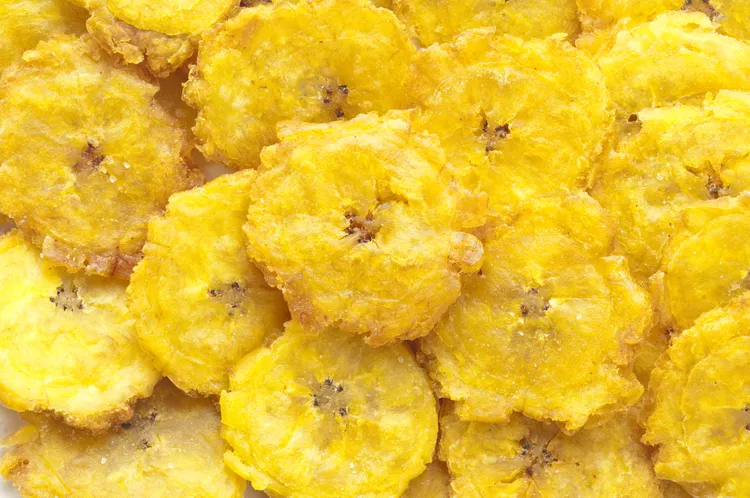1. Overview of Nicaraguan Cuisine
The traditional food and drink of Nicaragua is a testament to its rich cultural diversity, blending influences from Spanish, Creole, Garifuna, and Indigenous cuisines. Travelers often find Nicaraguan dishes delightful and very affordable, making them a must-try for any visitor. This guide explores the essential meals, common dishes, snacks, desserts, beverages, and budgeting tips for enjoying Nicaraguan cuisine.
2. Meals
Nicaraguan meals primarily consist of traditional ingredients, including corn, beans, plantains, yucca, and peppers. A typical meal often features a protein—such as chicken, pork, or fresh seafood from Nicaragua’s vast coasts—paired with deep-fried plantains, rice and beans, known locally as gallo pinto, and a refreshing cabbage salad. In addition, coconut water and meat are frequently enjoyed, especially on the Caribbean coast.
For breakfast, you can expect a nourishing plate featuring eggs, cheese, gallo pinto, and sweet plantains, often complemented by white bread or corn tortillas and a choice of fresh juice or coffee.
3. Common Dishes
- Chicharrones: Crunchy, deep-fried pork skin that pairs perfectly with tortillas and guacamole.
- Vigoron: A classic meal believed to have originated in Granada, consisting of chicharron, yucca, and a cabbage salad.
- Nacatamal: Nicaraguan tamale filled with meat (often pork), mashed potatoes, and/or vegetables, wrapped in plantain leaves and boiled.
- Indio Viejo (“Old Indian”): A flavorful stew made with shredded meat, onions, tomatoes, and peppers, served with a tortilla.
4. Snacks & Sides
- Quesillo: A tortilla filled with cheese, accompanied by cream, onion, vinegar, and chile.
- Tostones: Crispy, deep-fried plantains that are an essential side in Nicaraguan cuisine, also referred to as platanos fritos.
- Gallo Pinto: A combination of rice and beans often enriched with coconut milk, especially along the Caribbean coast.
5. Traditional Desserts
- Cajeta de Coco: A sweet treat made of caramelized strings of coconut and yucca.
- Tres Leches Cake (Pastel de Tres Leches): A decadent cake soaked in three types of milk—evaporated milk, sweetened condensed milk, and cream—served cold for a refreshing dessert.
6. Beverages
Nicaraguan’s official drink, “el macuá”, is a delightful mix of light rum, guava juice, lemon juice, and sugar that travelers should definitely try. In terms of cerveza (beer), popular local brands include Toña and La Victoria, with Bufalo being a newer option. International brands like Heineken and Corona are also readily available.
The tropical fruit abundance in Nicaragua lends itself to various non-alcoholic beverages, often blended with milk, yogurt, or water. Always be cautious about water purity; it’s advisable to ask for drinks sin hielo (without ice) to ensure safety.
7. Budgeting for Meals
In Managua, fast-food chains like McDonald’s are prevalent alongside authentic Nicaraguan eateries. For inexpensive local cuisine, visit street vendors at markets in Leon or the central park in Granada. On Nicaragua’s stunning coast, particularly in places like San Juan del Sur and Bluefields, diners can indulge in fresh seafood, including lobster, at beachfront restaurants. Fortunately, enjoying Nicaraguan food, including seafood, is quite budget-friendly.





